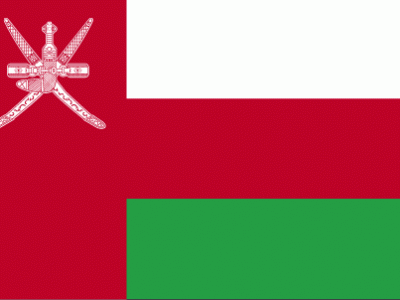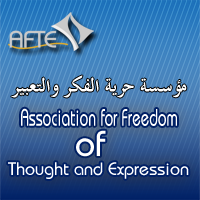Stories about Middle East & North Africa from March, 2013
Oman: Online Activists Freed
On 21 March, the Sultan of Oman issued a pardon for online activists and writers convicted on charges of insulting the ruler, "information technology crimes" and taking part in unauthorized protests. The move, which came as a surprise to most observers, runs counter to increasing attacks against online freedom of expression in the region.
Digital Freedom: Principles and Concepts
The Egyptian Institute for Freedom of Thought and Expression recently issued its first statement on digital freedom, a simplified research paper to propose definitions for digital rights and related principles. This post offers a brief description of the paper, which focuses on universal access, freedom of opinion and expression, the right to privacy, and the right to creativity, development and innovation.
#FreeBassel: One Year Later, Syrian Netizen Remains in Prison
One year ago today, Syrian web developer and open technology advocate Bassel Khartabil was arrested and incarcerated in Damascus, where he has remained ever since. Known among open technology advocates as Bassel Safadi, the 31-year-old served as the Creative Commons lead for Syria. Global Voices Advocacy urges readers to support the campaign for his release by visiting the #freebassel website, tweeting about Bassel's case, or attending an event in his honor.
World Day Against Cyber Censorship
March 12 is World Day Against Cyber Censorship. Reporters Without Borders and other advocates for Internet rights are calling on activists, movements and organizations around the world to participate by reminding their constituents of the importance of protecting free expression online.
US Soldier Sent WikiLeaks Documents to “Spark Debate” on War
Last week, US Army soldier and whistleblower Bradley Manning took the stand in a military hearing to explain, in his own words, why he leaked thousands of sensitive military documents to the website WikiLeaks. Manning told the court that he decided to leak these documents to the media because they left him deeply concerned about American military activities in the wars in Iraq and Afghanistan.





